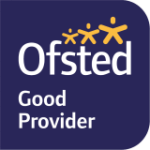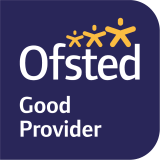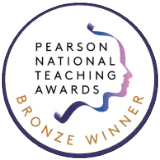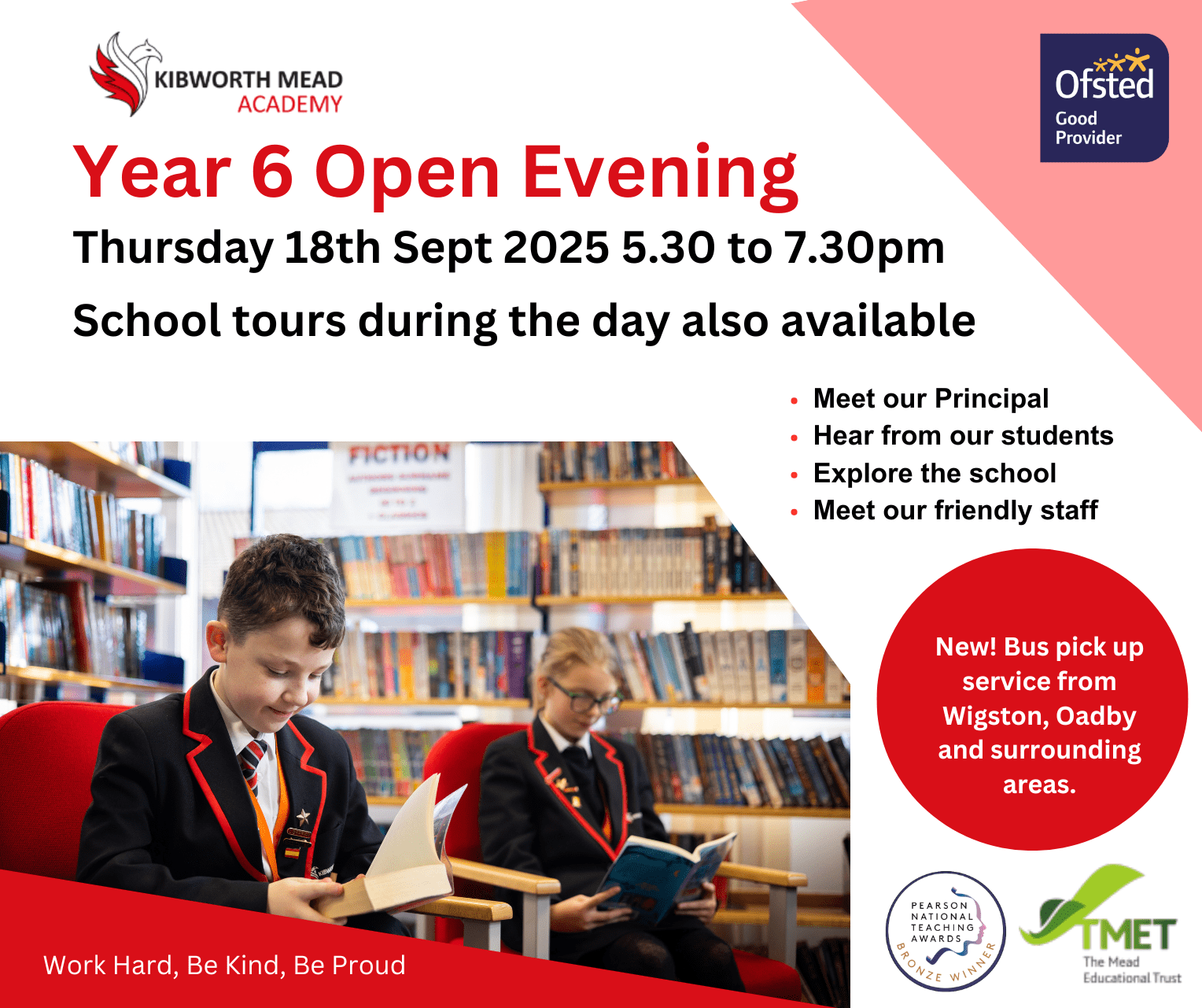The aim of our languages curriculum is to provide students with the knowledge and skills they need to become ‘world citizens’, enabling them to make a positive contribution to our multicultural world and to value and celebrate cultural differences. Our students will leave as confident and articulate communicators through developing a thorough knowledge of grammar, both in English and in the target language, so that they can become confident communicators.
At Kibworth Mead the majority of students study either French or Spanish from Year 7 through to Year 11.
On their 5-year journey towards the GCSE examination, we provide them with the necessary knowledge and skills to be able to communicate confidently in the target language and to appreciate the value of learning a foreign language.
Our knowledge based programme of study delivers the National Curriculum at Key Stage 3, and underpins that of Key Stage 4, giving our students the opportunity to achieve their potential in the GCSE examination.
Lessons are delivered by dedicated teachers, with excellent subject knowledge, who employ a variety of teaching styles to engage students and inspire interest in the target language and its culture. Opportunities are provided for students to visit the country in which the target language is spoken so that they can improve their language skills and experience the culture.
Formative and summative assessments are used to inform future learning, allowing teachers to focus on key areas of understanding which may need further practice.
At the beginning of Year 7, students who have previously studied their allocated target language consolidate the knowledge already acquired and students beginning their exciting discovery of a language are introduced to the required vocabulary and grammatical structures. Students study areas pertinent to their life, ‘Myself’, ‘Describing physical appearance and personality’, ‘Family, friends and pets’, ‘School’ and ‘Sports and leisure activities’ focusing on expressing and understanding descriptions and opinions. Grammatical knowledge is built upon with key structures for each topic alongside transferable knowledge that is relevant for future learning, such as opinions and the beginnings of verb conjugation. Continual skill development will occur through the inclusion of listening, speaking, reading, and writing. These topics provide students with a solid foundation on which to build their Year 8 studies.
In Years 8 and 9, building on previous learning, students continue to extend their knowledge and skills but with greater depth and challenge and, as a result, their confidence to communicate. They regularly revisit vocabulary and structures to retain this knowledge in their long-term memory and more complicated grammar, structures, and vocabulary are introduced in a sequenced learning experience.
Year 8 students study topics which focus on expressing and understanding descriptions, more developed opinions, and justifications. The topics of ‘Food and drink’, ‘House, home and region’, ‘Cinema and arranging to go out’, ‘Television and music,’ ‘Clothes and fashion’ and ‘Holidays’ introduce students to different verb forms and there is greater usage of past and future timeframes.
Year 9 students will study the topics of ‘Me, my family and friends’, ‘Technology’ and ‘Free time activities’. These focus on expressing and understanding descriptions, more developed opinions and justifications including perspectives, advice, and arguments. Knowledge of different verb forms increases with greater usage of past and future timeframes, within context and across listening, speaking, reading, and writing.
By the end of Key Stage 3 students have covered the requirements of the KS3 National Curriculum and are ready to continue their journey towards the GCSE examinations.
At Key Stage 4 students study the AQA French or Spanish GCSE. The curriculum will build on units taught in KS3 but with a greater pace, need for independence and an expectation of students being able to recall vocabulary and structures more readily. This course is comprised of 3 themes which are assessed in all 4 skills at the end of Year 11. The themes studied are: -‘Identity and Culture’, Local, national, international and global areas of interest’ and ‘Current and future study and employment’. Explicit grammar rules and teaching will build upon more communicative tasks where students will be able to express their opinions and offer justifications for these across three timeframes, both in spoken and written form. They will learn to be resilient, recall previously seen structures, and use strategies to understand a range of texts in both reading and listening exercises.




